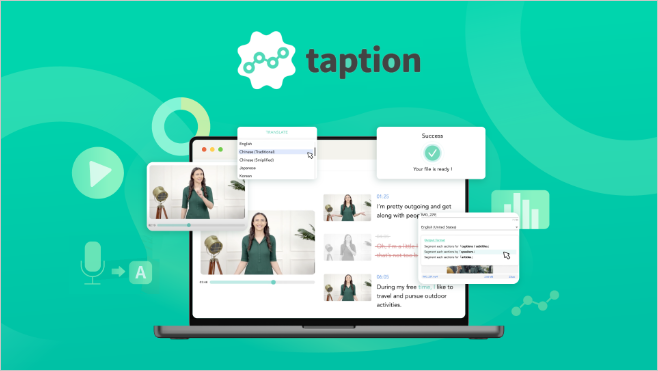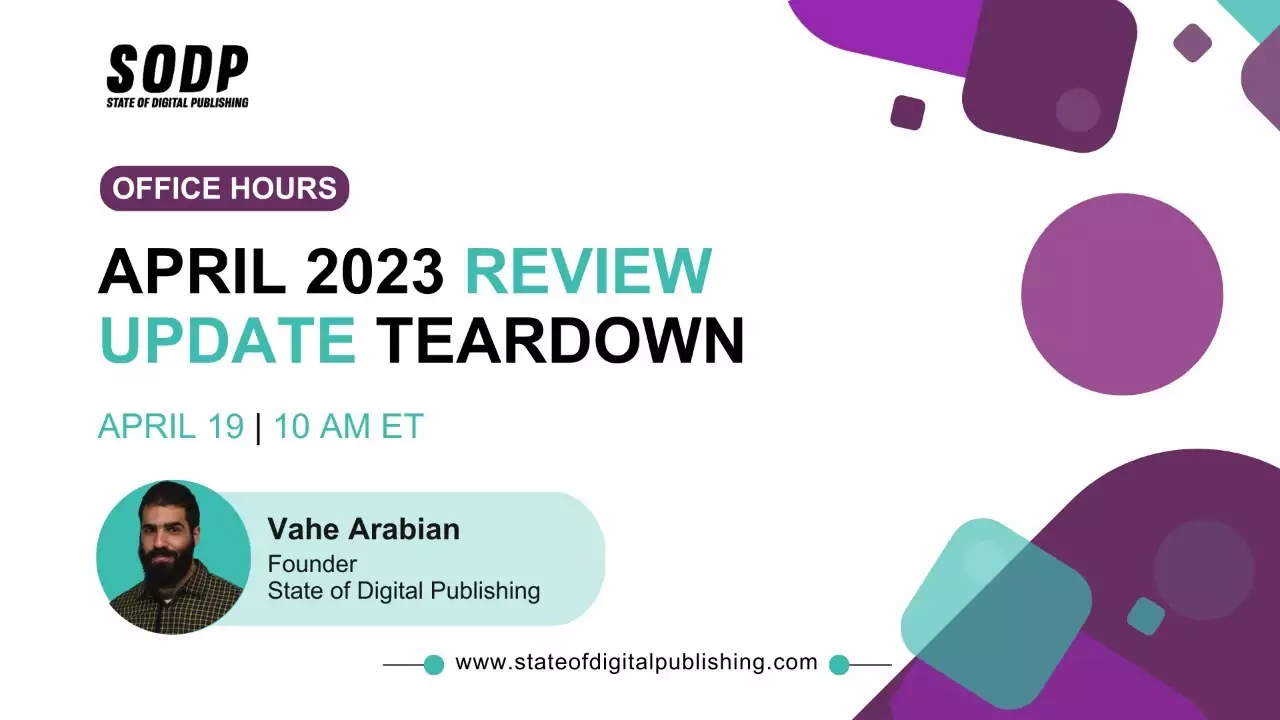Children ask lots of questions. Even before children can put together words, they point at things that they want to learn about.
Some are easy enough to answer – “What’s that animal?” or “Can I drink your beer?” Others like “What is God?” and “Why do people die?” are tougher.
One study found that kids between three and five years old ask an astounding average of 76 questions per hour. This rapid-fire search for information is important for kids’ learning. Their inquisitiveness gives them access to knowledge that others can share.
In working on my doctorate in human development, the science of how children grow and learn, I’m studying kids’ questions and how they make sense of the responses they get. I’m also looking into whether and under what circumstances children can be skeptical of those responses.
With the emergence of the internet and social media, people don’t access information like they used to. It’s also harder to know for sure if that information is reliable.
For that reason, it’s more important than ever, in my view, to be a good consumer of information. And, more importantly, learning how to search for information now has to start in childhood.
20 Questions
To see what makes questions good or bad, consider how the 20 Questions game works. Typically, one person has to think of a person, place or thing and then answer yes or no to questions from the other players so they can try to figure out what it is.
Broad questions, like “Is it an animal?” work best at first. With more questions answered, the players can ask more targeted follow-ups, like “Does it fly?”
Eventually, it makes sense to ask a much narrower question, along the lines of “Is it an eagle?”
Recent studies by scientists who examine how people ask questions or explore problems have shown that by the time kids turn five, they have some understanding of what makes a question good or bad.
A good question is geared toward the kind of information that you’re looking for. If there is a lot that you don’t know, it’s best to first ask a broad question that can eliminate lots of possible answers at once.
Just like with 20 Questions, once you know a lot more, it’s more reasonable to ask a narrow question.
There’s no one-size-fits-all way to ask good questions. Coming up with them depends on what the person asking wants to learn and what they already know.
Despite the ability to think about what information will probably be produced by a given question, children – as well as some adults – have trouble asking good questions.
And, more importantly than whether someone is adept at playing 20 Questions, in the digital age, people of all ages sometimes can’t distinguish between reliable and unreliable sources of information as they seek answers to their questions. This is especially problematic with scientific topics such as the probability of earthquakes or the benefits of getting vaccines.
There are many explanations for this problem. It can happen with topics that become politicized, making it harder to revise a belief, or with issues that experts have failed to explain in ways the public will understand, or when there’s no public awareness of what’s involved in a field of research.
Choosing good sources
Some children do understand that more supportive evidence means that a conclusion is more justified, or can be trusted to be accurate.
In a recent study that I helped design and publish, for example, kids preferred to learn from people who fully supported what they said with evidence, as opposed to insufficient support, or none at all.
But there are some cases where this preference is challenged. This is, in part, because of the fact that how we all access information has changed. With the advent of the internet, its gotten harder to tell whether claims are actually empirically supported.
Until the 1990s, people seeking answers to questions like “What do you call a scientist who studies insects?” or “How does the radiator in a car work?” would turn to textbooks, manuals and encyclopedias. In nearly all cases, professionals had vetted and edited those resources before they became available to the public.
Now, people feel freer to make up their own minds about what they read, and, because there are so many, more than occasionally conflicting, sources of information, people sometimes feel empowered to dismiss evidence they should actually accept.
Alexa, what’s a reliable source?
What’s more, anyone, including children, can do a Google search or ask Siri or Alexa their question. Within an instant, they get access to hundreds, thousands or even millions of answers. What they don’t get is a guarantee that the responses are accurate.
This makes understanding both what makes a good question and what makes for trustworthy answers more complicated.
Scholars, including a team of Stanford University researchers, have found that students would benefit from getting more training at school for how to detect falsehoods when they search for information online or follow the news.
That is why researchers at the Right Question Institute, an education research nonprofit that seeks to increase information literacy, are starting to help teachers explain what a good question might sound like in different contexts.
Content from our partners
For example, teachers can encourage students to work together to construct one or two questions that become the focus of the class. The nature of the question differs based on whether the class is, for instance, science or history.
In a science class, a good question to consider might be something like, “How does evolution work?” or “Why do redwood trees get so tall?” In a history class, they might sound like, “Why did England leave the Catholic church?”
The idea is to leverage questions that kids might already be pondering to increase their engagement in the material and help them think about what would constitute a good answer to those questions. These questions therefore open the door for investigation and thoughtful discussion.
I believe that all students would benefit this kind of training.
[ You’re smart and curious about the world. So are The Conversation’s authors and editors. You can get our highlights each weekend. ]
Hailey Gibbs, Doctoral Research Fellow of Human Development and Quantitative Methodology, University of Maryland
This article is republished from The Conversation under a Creative Commons license. Read the original article.













